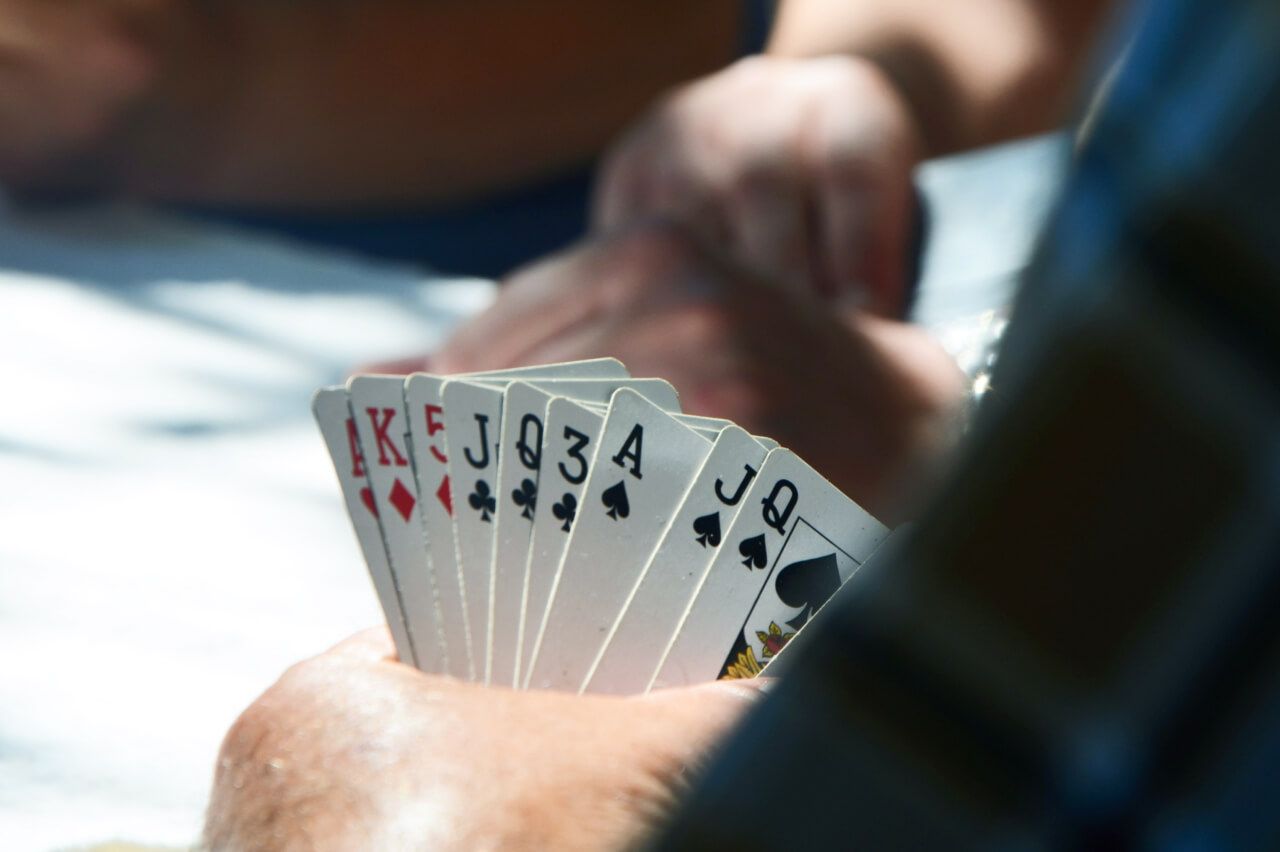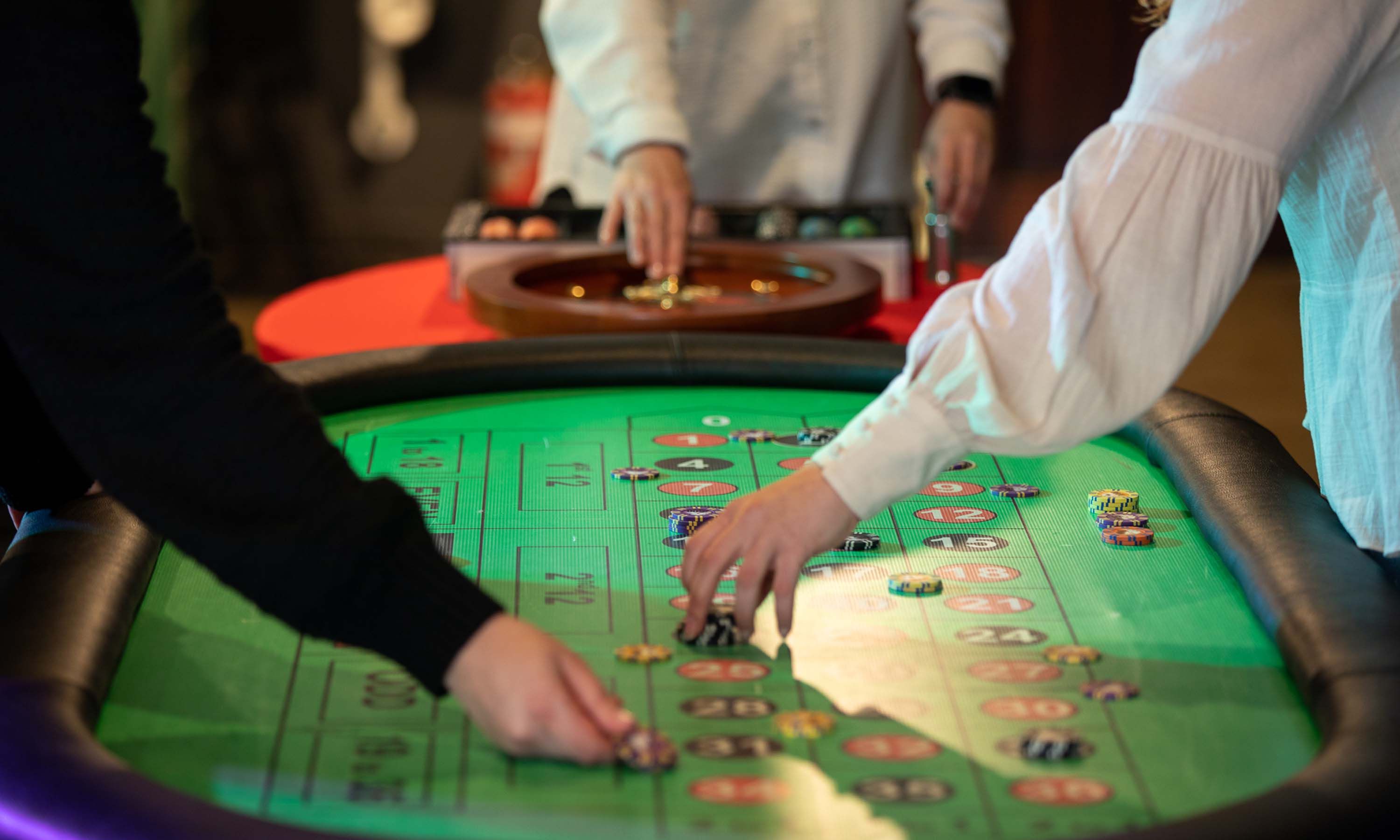
Gaming vs gambling
The line between gaming and online gambling is definitely blurry! "Free-to-play" games, apps and websites offering simulated gambling can be entertaining, but despite their name they could still cost you time and money.

Parents should be watchful
Kids who are playing games online are not immune from gambling harm, so parents should keep a watchful eye on the games their children are playing.
Tips for parents and teachers
- Be wary of ads that appear in the apps your children are using. These ads may click through to gambling apps.
- Turn off the App or Play Store to limit apps accessed by choice or accident.
- Turn off in-app purchases option so your child can’t access more credits.
- Show interest in the child’s use of apps and play together.

Adults and gambling
Another lookout when gaming is buying jewels, jellies, gems or credits which makes you less aware of the money you are really spending because you think you’re buying something tangible. Also, be wary of discounts when you buy larger volumes of credits. Discounts on “in-app purchases” can be misleading because jewels and credits have no material value.
Even simulated gambling has risks. While you may not be playing for money, you can lose time. The addictive nature of the games can make you wonder where all that time went.
Remember, games are built for addiction. Game developers commonly use principles of psychology to make their game as addictive as possible. Once the reward centre of your brain is activated, many "free" games will then ask you to buy virtual credits or new lives to keep playing or to unlock new features. These "micro-transactions" may seem small but can add up quickly.

Virtual money disguises what you're really spending.
Another lookout when gaming is buying jewels, jellies, gems or credits which makes you less aware of the money you are really spending because you think you’re buying something tangible. Also, be wary of discounts when you buy larger volumes of credits. Discounts on “in-app purchases” can be misleading because jewels and credits have no material value.

The clock's ticking
Even simulated gambling has risks. While you may not be playing for money, you can lose time. The addictive nature of the games can make you wonder where all that time went.

The games are built for addiction
Remember, games are built for addiction. Game developers commonly use principles of psychology to make their game as addictive as possible. Once the reward centre of your brain is activated, many "free" games will then ask you to buy virtual credits or new lives to keep playing or to unlock new features. These "micro-transactions" may seem small but can add up quickly.
References
- Kim, H.S., Hollingshead, S., Wohl, M.J.A., (2016). Journal of Gambling Studies Who Spends Money To Play for Free? Identifying Who Makes Micro-Transactions on Social Casino Games (and Why). University of Calgary. Carleton University.
- Wells, N. (2015). The shocking truth about mobile gaming. CNBC. Retrieved from: http://www.cnbc.com/2015/08/03/the-shocking-truth-about-mobile-gaming.html
- Victoria Responsible Gambling Foundation,(2013). The Responsible Gambling Foundation. Retrieved from: http://www.responsiblegambling.vic.gov.au/__data/assets/pdf_file/0004/6790/Responsible-gambling-guide-A5.pdf


